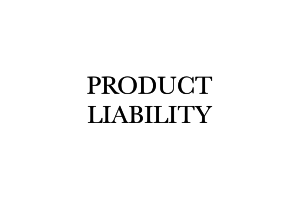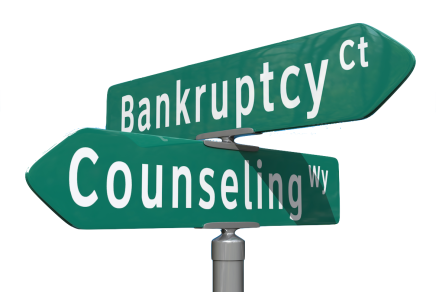Who buys (or takes on lease) an ongoing business automatically accedes to all its current contacts as well, with the only exception of those “personal in nature” (i.e. those entered on the assumption that the original parties remain the same). This is a fairly common rule, that in Italy is provided for under s. 2558 of the civil code (c.c.).
What about the debentures? These may relate to contracts either ongoing, or already terminated. Again, the rule (s. 2560 c.c.) posed to the benefit of third party creditors is that – on one hand, seller (or the lessor) continues to be liable, unless all creditors free him for it; on the other hand, the buyer (or the lessee, as the case may be) becomes liable for whatever debenture is inscribed in the business’ books.
Recently, an interesting case involving a lessee’s liability came to the attention of the Italian Court of Cassation[1]. It was a case where a restaurant in Tuscany had changed management under a “business lease agreement”. Among the ongoing contacts, there was one with Niccolai Ltd., a coffee provider. As if often goes in the cases, the coffee provider has been giving financial support to the restaurant in consideration of supply exclusive rights, and a dedicated corner within the restaurant’s premises.
Due to the lessee’s inability to run the business properly, Casa Rossa Ltd., the lessor anticipatedly terminated the lease contract; and the restaurant came back to them, as the original owners.
Almost at the same times, Niccolai had terminated the commitment with the lessee, on account of various failed payments of the supplied coffee. In a subsequent lawsuit, Niccolai had been awarded the liquidated damages provided for in the contract, against the lessee. This, however had resisted, and brought the case before the Cassation court, claiming he was not liable since, at the moment when Niccolai terminated the coffee supply contract, the business had been returned to Casa Rossa (which should therefore be deemed as the only one liable).
The judges have rebuffed the lessee’s claim, stating that –
“In the case of a retrocession of the leased business, what is transferred to the assignee are those contracts that have remained unperformed by both contracting parties only. Where, on the other hand, only one of the two contracting parties has performed its obligations, the transferor only remains liable for outstanding debts, without prejudice to the possibility of applying Art. 2560(2) of the Civil Code. This provides for a liability of the transferee in addition to that of the transferor, but which does not free the transferor from its obligations”
Their reasoning has been the following –
-
the succession in contracts provided for under s. 2558 c.c. applies to those contracts that are still open, i.e. not entirely performed by both parties.
-
2560, instead, applies to any performed contract (where payment obligations are still outstanding).
In the case at hands, it is true that the termination by Niccolai of the coffee supply on account of the lessee non-payments, had taken place once the restaurant had returned to Casa Rossa; however, the lessee’s obligation to pay liquidated damages was clearly related to the lessee’s own breach of contract, and was not conditional upon any contract termination. In other words, the date of the termination of the coffee supply was irrelevant.
Those who are interested in receiving (free) copy of the above-mentioned documentation, please write to newsletter@lexmill.com.
____________
[1] Court of Cassazione (3rd civil chamber), decision no. 4248 of 10/02/2023.













